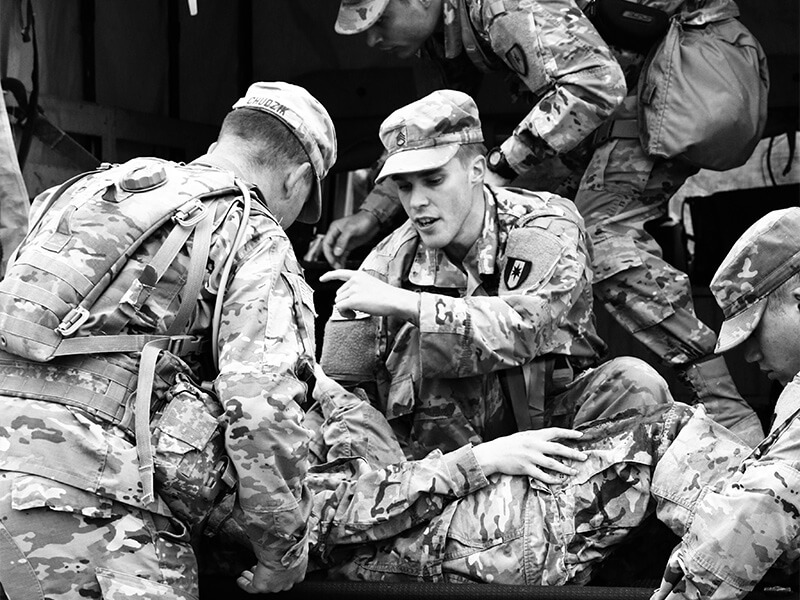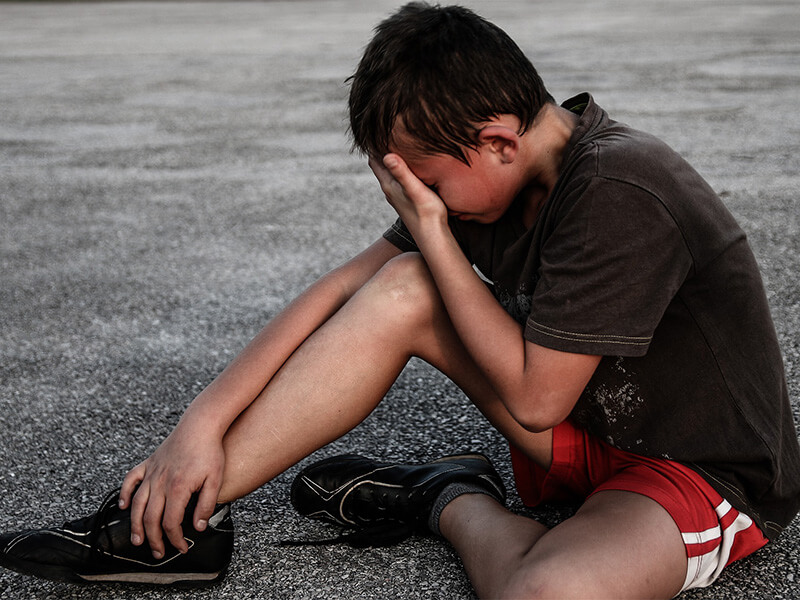Post-Traumatic Stress Disorder
Everyone with PTSD—whether they are Veterans or civilian survivors of sexual assault, serious accidents, natural disasters, or other traumatic events—needs to know that treatments really do work and can lead to a better quality of life.
Post-Traumatic Stress Disorder
Everyone with PTSD—whether they are Veterans or civilian survivors of sexual assault, serious accidents, natural disasters, or other traumatic events—needs to know that treatments really do work and can lead to a better quality of life.
We have effective treatments that can help you restore the sense of control and lessen the powerful hold of trauma.
Our technique consistently takes PTSD clients on a scale of 1-10, from an 8, 9, or 10 level in feelings of fear, terror, and helplessness down to a 1 or 0, effectively bringing the terror level down to neutral.
Our Technique can help you:
find your way out of the darkness
regain a sense of control in your life
lose the terror, replace it with neutrality
change hopelessness to hope for a bright future
feel good about your life again

From the Veterans Administration
About 8 million adults have PTSD during a given year. This is only a small portion of those who have gone through a trauma.
Even though PTSD treatments work, most people who have PTSD don’t get the help they need.
Everyone with PTSD—needs to know that treatments really do work and can lead to a much better quality of life.

What is PTSD
When we experience a stressful or traumatic event, our brains and bodies go through a series of natural reactions. The brain produces substances that make changes in the functioning of several areas within the brain. Basically this creates the fight, flight, or freeze response.
Post-traumatic stress disorder can be Simple Trauma or Complex Trauma. Simple Trauma is defined as one traumatic event such as serious injury or death/threatened death, or threatened or actual sexual violence or other very frightening events. Complex Trauma, is exposure to prolonged or repeated trauma from neglect, violence, physical or sexual abuse, or similar actions.
PTSD can involve direct exposure to one or more of these events, witnessing such an event, or hearing about someone close to them experiencing such an event.
The symptoms can occur within the month that the trauma occurred, or they may not show up for years, until triggered by something. The trigger can be something similar to the actual event, or it might be something your mind interprets as a similar threat.


